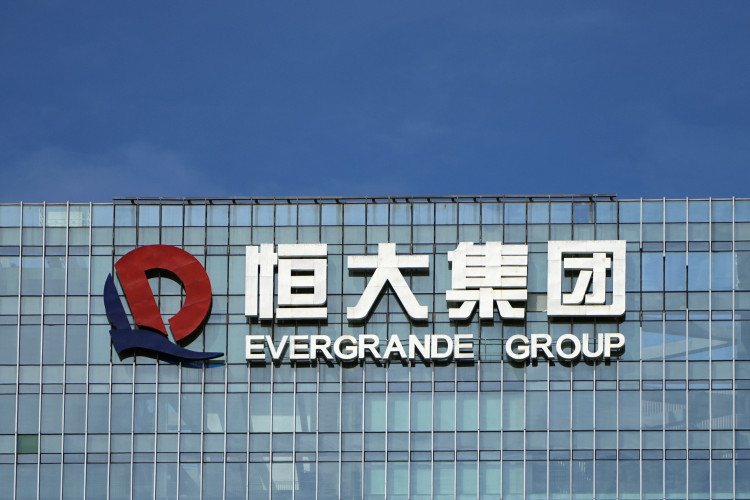China Evergrande Group, the beleaguered property giant, is facing intensified scrutiny and potential legal challenges as its financial woes deepen. A significant faction of offshore creditors is contemplating joining a winding-up court petition against the developer if it fails to present a new debt restructuring plan by next month, according to sources familiar with the matter. This move comes as concerns grow over the company's ability to meet its financial obligations and the broader implications for China's real estate sector and global markets.
The situation has been further exacerbated by Evergrande's shares plummeting for the second consecutive day after one of its units missed a bond payment. The company's stock slid by as much as 8%, reflecting the growing investor anxiety over its liquidity crisis and the potential for a more extensive financial contagion.
Evergrande's financial troubles have been a focal point of global financial markets in recent weeks, given the company's vast debt pile and its significance in China's property sector. The potential for a default has raised concerns about a ripple effect through China's banking system and the potential for broader economic fallout.
The missed bond payment by one of Evergrande's units underscores the severity of its liquidity crunch. While the company has been scrambling to raise funds and negotiate with creditors, the missed payment indicates that its efforts may be falling short.
The looming threat of legal action by creditors adds another layer of complexity to the situation. If Evergrande fails to present a new debt restructuring plan by the stipulated deadline, it could face a winding-up petition, which would be a formal request to a court to liquidate the company. Such a move would have significant implications, not just for Evergrande but also for its stakeholders, including homebuyers, suppliers, and investors.
The Evergrande crisis has also put Beijing in a challenging position. While the Chinese government has emphasized that Evergrande's issues are an isolated case and that it has the tools to manage any fallout, the ongoing developments suggest that the situation is more precarious than initially thought.
As the saga unfolds, global investors and markets will be closely watching for any signs of broader financial contagion and the potential implications for global economic stability.






